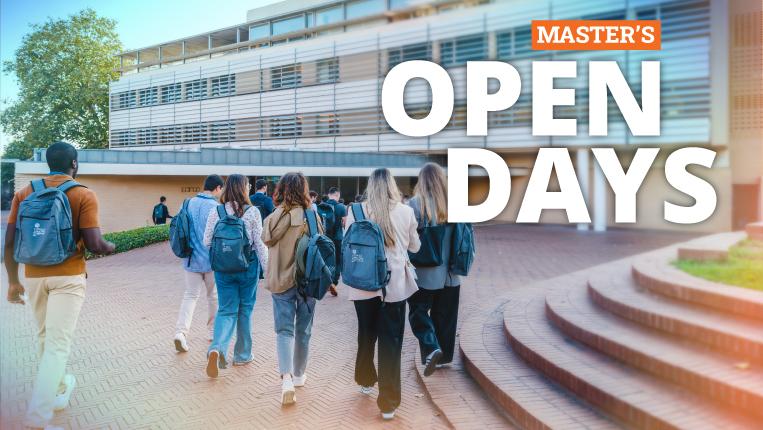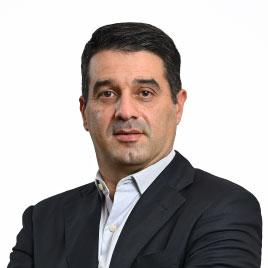Python is the most popular language for data science, and it is becoming a common job requirement in the financial services industry. This Python Summer School (PSS) aims at providing participants with basic Python skills with a short and Intensive course that requires participants to adopt a hands-on approach, focusing on a significant number of exercises and case studies. The main focus will be the use of Python in financial research and cover topics ranging such as structuring a program, importing data, data handling, data visualization, web scraping and an introduction to unstructured data in a Natural Language Processing approach.
Overview
The workshop seeks to equip PhD and MSc students and undergraduate students (advanced level) with the fundamental skills to use Python in a research context. The course is intended for learners who have not yet worked with Python and covers both a general introduction as well as more advanced approaches on data retrieval and processing.
After first reviewing the basics of Python, especially how to set up the development environment and how to implement simple tasks, we focus on tools commonly utilised by researchers (e.g., NumPy, Pandas and Matplotlib). The workshop is comprised of a combination of guided introductions and more independent in-depth exploration. Thus, students have the opportunity to apply the learned concepts to a relevant case study chosen for their scientific breadth and their coverage of different Python features.
We place particular focus on the use of online resources such as the documentation of the utilised Python packages to equip students with the ability to independently handle even more complex issues that are beyond the scope of this workshop.
Objectives
- Set up Python with Anaconda and Pycharm, and manage virtual environments;
- Discuss and evaluate data usage for societal needs and advancement;
- Value of and motivation to create public open source software;
- Develop replicable data processing workflows and modular “chunks” of code that can be reused in other projects;
- Use online resources (e.g., online documentation) to solve issues independently;
- Clean, process, code, and visualize data sets (includes: pivoting, grouping, and transformation);
- Match data sets from different data sources and save the output (includes real life example of business and societal data);
- Run univariate analyses to gain a better understanding of the data before multivariate analyses;
- AI and expected impact on society.
Who can attend?
This Summer School targets postgraduate students (MSc and PhD) with an interest in finance, but it can be extended to final-year undergraduate students.
Programme Outline
The course is structured in 5 practical sessions where students will learn using a combination of teaching sessions and practical exercises. The focus will be on learning through experience in which participants will have a set of tasks to complete.
The first two days (4 sessions) will be fully dedicated to learning the Python language in a generic financial-oriented research environment. And the last day (1 session) will apply Python to unstructured data using a Natural Language Processing problem.
- Prerequisite (pre-workshop)
- Install Anaconda and PyCharm (detailed installation guide will be provided)
- Setup the first project according to detailed instructions
- Monday: Python Introduction
- Introduction to Python, Anaconda, and PyCharm
- Installing and importing Python packages
- Introduction to open source logic from a societal, motivational and business point of view
- Understanding the Python syntax (comments, variables, printing, etc.)
- Using different Python data structures (lists, tuples, and dictionaries – using e.g. business, societal data examples)
- Using for loops, if clauses, user-defined functions, and list comprehensions
- Data usage applications to solve societal problems and to create further advancements
- Tuesday: data cleaning and processing fundamentals – various data examples (including societal data)
- Creating Pandas Series and DataFrames
- Manipulating DataFrames
- Reading and writing files using Pandas package
- Selecting rows/columns by index value and index position
- Working with NAs
- Converting data types
- Wednesday: intermediate concepts of data cleaning and processing – various data examples (including societal data)
- Conditional selections
- Grouping and sorting DataFrames
- Combining/merging DataFrames
- Using pandas’ apply() and lambda functions
- Using pandas melt() and pivot() methods
- Thursday: univariate analysis and data visualization
- Applying the learned skills to a case study (business, societal aspects throughout)
- Using Matplotlib to visualize the data set
- Friday: impact of AI in Python programming
- Practical exam based on previous exercises
- AI to support software development
- Evaluating impact on society (including expected behavioural changes at work, education etc.)
Teaching
João Rafael Almeida is an auxiliary professor in the informatic field and a researcher at the Institute of Electronic and Informatics Engineering of Aveiro (IEETA) of the University of Aveiro. João has a degree in Informatics Engineering, a Master's in Computer Engineering and Telematics, and another Master's in Cybersecurity. All these titles were obtained at the University of Aveiro. He also completed a PhD in Computer Science at the University of A Coruña.
João has authored or co-authored over 45 scientific papers in peer-reviewed journals and conferences and coordinated/participated in more the 10 research projects. His research interests include data privacy, data engineering, threat discovery and cybersecurity in general. In his collaborations with IEETA, he carried out activities focused on the management and development of tools, in the context of European projects. His technical contributions were mostly on platforms developed in Python.




